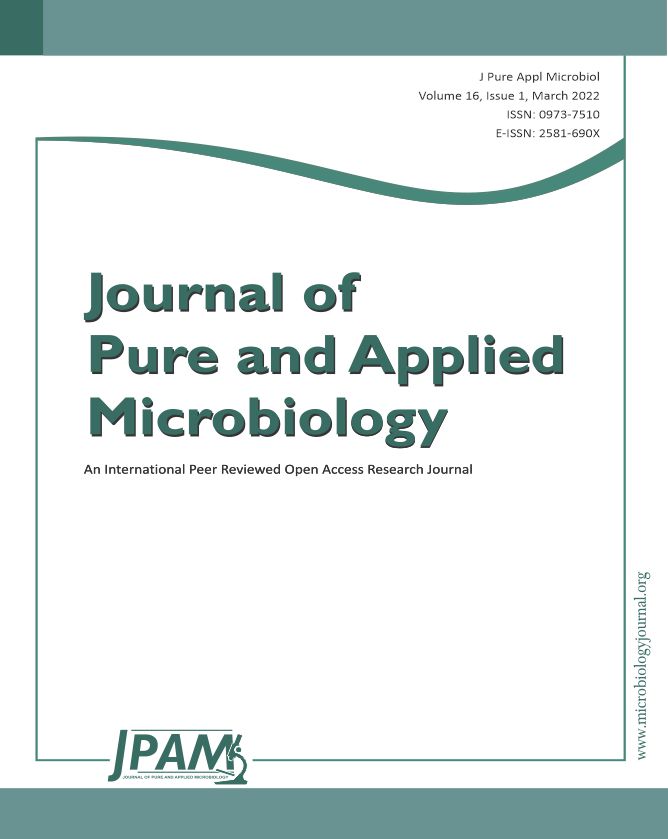Scrub typhus is a re-emerging zoonotic rickettsial disease and is prevalent in many parts of India. Scrub typhus in Uttar Pradesh is virtually unknown but has shown emergence in recent reports. In this context, a prospective study was planned to analyze the prevalence and clinic-epidemiological parameters of scrub typhus in febrile patients present in JNMC hospital. Patients of >15 years with undiagnosed acute febrile illness of more than 5 days with or without acute respiratory failure and acute renal failure (ARF) were included in the study. Clinical profile was recorded through predesigned proforma. Blood samples were collected and serological tests were performed. PCR was performed on whole blood samples of positive patients. Total 414 patients, who were negative for other common febrile etiologies, i.e.: malaria, dengue, enteric fever were included in the study. Out of 414 patients, 112 (27%) were found positive for scrub typhus by ELISA and micro-immunofluorescence (MIF). PCR was negative in all cases. Slight male predominance (52.6%) was observed. Significant number of positive cases 90(80.3%) were between 18-46 years of age (P value <0.05). Majority of cases appeared during winter season Respiratory involvement was significant in positive cases (P value <0.05). Among the gastro-intestinal symptoms, diarrhea and vomiting were also significant (P value <0.005). All the patients responded to the treatment. No complications and mortality was observed. Scrub typhus should be considered in undiagnosed febrile patients coming from rural and agricultural background with respiratory and gastrointestinal symptoms. Serology is reliable in the diagnosis of scrub typhus as molecular testing is costly, labor intensive and not helpful.
Scrub typhus, micro-immunofluorescence, ELISA, undifferentiated fever
© The Author(s) 2022. Open Access. This article is distributed under the terms of the Creative Commons Attribution 4.0 International License which permits unrestricted use, sharing, distribution, and reproduction in any medium, provided you give appropriate credit to the original author(s) and the source, provide a link to the Creative Commons license, and indicate if changes were made.


